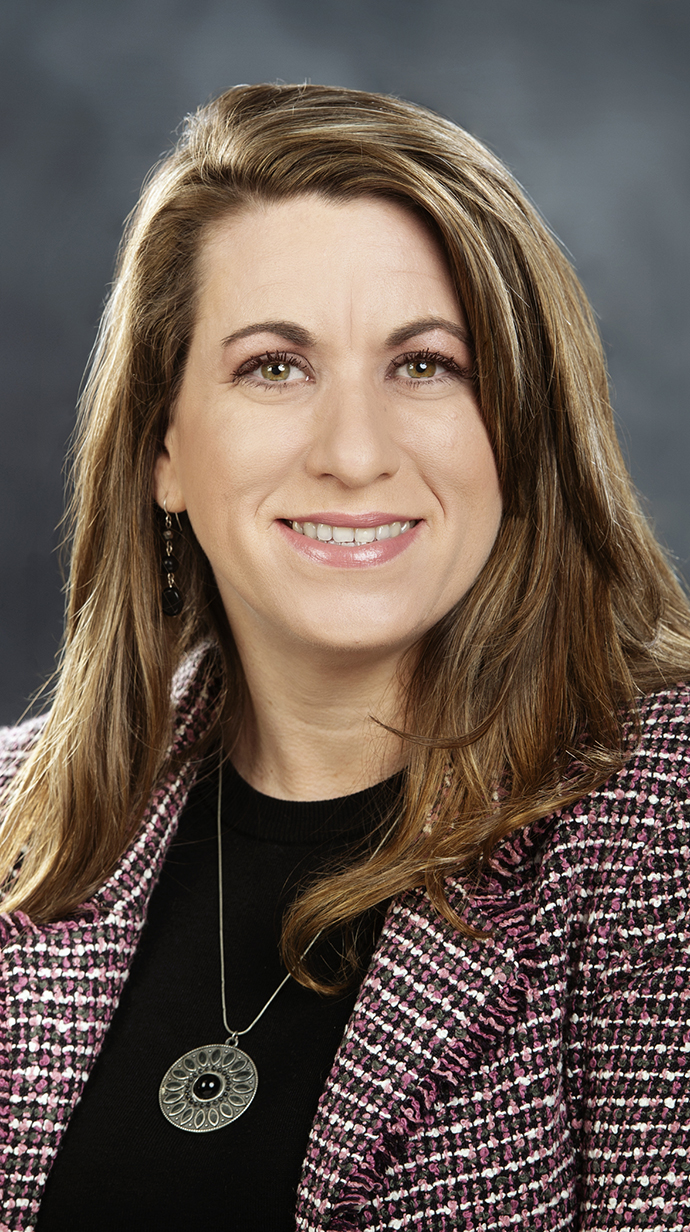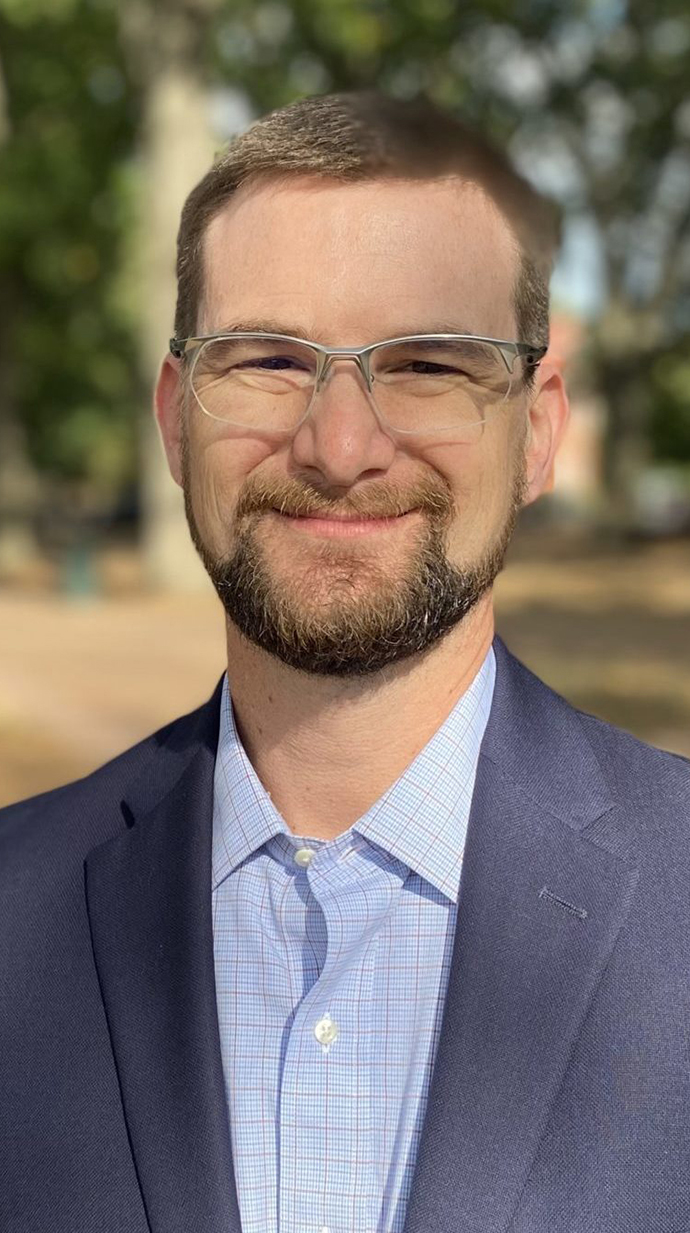New Alliance to Unite Mississippi Colleges, Universities in Research
National Science Foundation backs partnership with $8 million grant
OXFORD, Miss. – The National Science Foundation has awarded $8 million to a partnership of Mississippi universities to boost research in the Magnolia State.
Mississippi State University's Katie Echols, executive director of research initiatives and innovation, will lead a team of researchers from the University of Mississippi, University of Southern Mississippi and Mississippi Valley State University in creating the Mississippi Research Alliance.

"The foundation is to create an entity that will make it easy to coordinate things that need to be addressed from a holistic standpoint instead of each institution trying to tackle it themselves," Echols said. "We know that we don't have the resources individually that we do collectively."
The Mississippi Research Alliance will create a nexus through which all higher education institutions in the state – from local community colleges to the flagship – can utilize one another's strengths to better conduct research, said Nathan Hammer, the Margaret McLean Coulter professor of chemistry and biochemistry at Ole Miss. Hammer is a co-principal investigator on the project.
Each institution has resources – tools, machines and other instrumentation – that other colleges or universities may not. Instead of each institution buying or vying for grants to purchase the same resources, the alliance will enable researchers to share access within the state.
"This is not just major institutions," Hammer said. "We want to facilitate use and shared use not only with major institutions, but also with the up-and-coming institutions as well.
"What we're going to do is develop relationships with stakeholders at different universities and talk to people. We want to make a comprehensive list of equipment and categorize it by what it can do."
When the researchers have a better understanding of available resources in the state, they can see which instruments, tools and machinery are missing and direct funds toward filling the gaps, Hammer said.

"I think it will have a tremendously positive impact from the standpoint of knowing what instrumentation we have across the state and having a central place to where we can go to a website, search for equipment and put time on it and be able to use it," he said.
"I also think there will be expertise brought to the state. Many institutions have struggled to keep qualified technicians to maintain equipment."
Instead of each university hiring their own technician who is trained on a specific piece of equipment, the alliance can help identify qualified technicians who can service instruments across the state, the researchers said.
"We want to keep our institutions independent," Echols said. "But by leveraging our strengths in a collaborative environment, it will open opportunities for all and position Mississippi for success in the future.
"It's about changing some of the culture so that our institutions maintain their independence and uniqueness, while working together to increase capability and capacity for all."
One benefit of this interconnectedness will be better opportunities for students, said co-principal investigator Adam Smith. Smith is associate dean of undergraduate education in the UM School of Engineering.
"This alliance not only strengthens research and technical expertise, but also supports student development at all member institutions," he said. "A key focus of the MRA is to involve students in collaborative, multidisciplinary research and training.

"By connecting students with these research networks, we are cultivating a more diverse and inclusive academic community, which enhances recruitment and retention statewide."
A more productive, cohesive research community will also draw more economic development to the state, Echols said.
"We've got some really great, exciting pockets of that happening in Mississippi, but at the end of the day, the people in the state of Mississippi need more options from an economic development standpoint," she said. "While we're not trying to play in the economic development piece directly, we're trying to strengthen what we have to attract more industry in the state of Mississippi.
"The foundation for that science and technology connection – that exists at all of our institutions – and we feel a tighter coordination across the whole state is going to position the state to dream a little bit bigger when it comes to bringing in high-tech jobs."
This material is based on work supported by the National Science Foundation EPSCoR Collaborations for Optimizing Research Ecosystems Research Infrastructure Improvement Program grant no. 2433435.
Top: The National Science Foundation has committed $8 million to four Mississippi institutions, including UM, to help bolster the state's research capacity and expertise. Photo by Logan Kirkland/Ole Miss Digital Imaging Services
By
Clara Turnage
Campus
Office, Department or Center
Published
October 06, 2024
